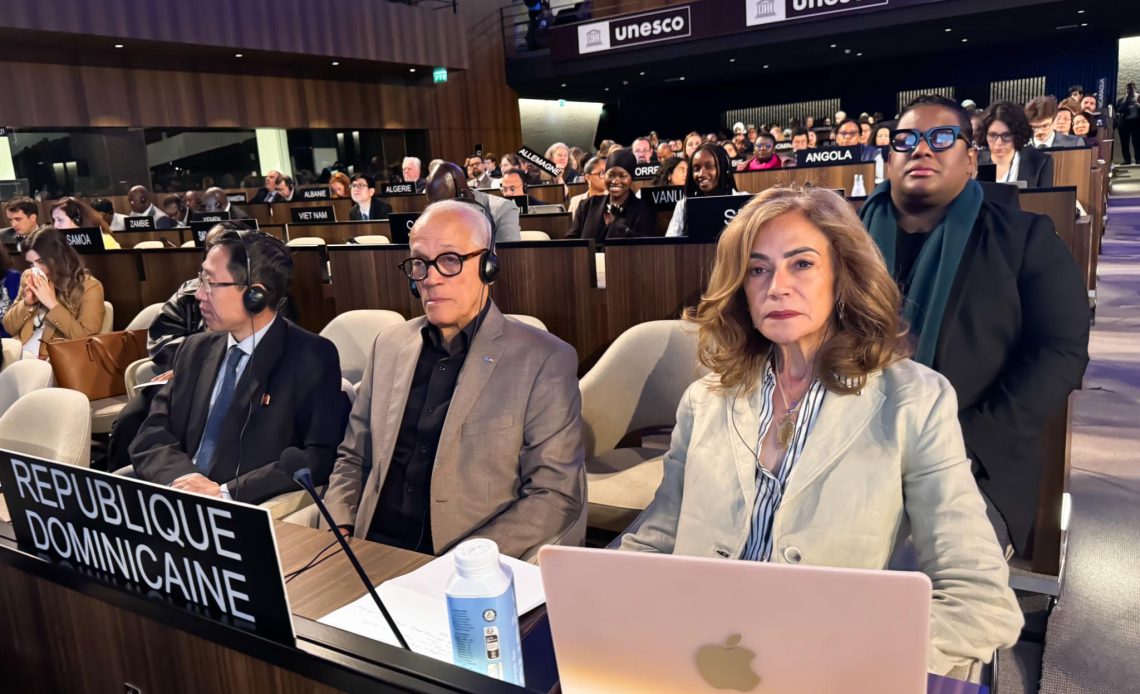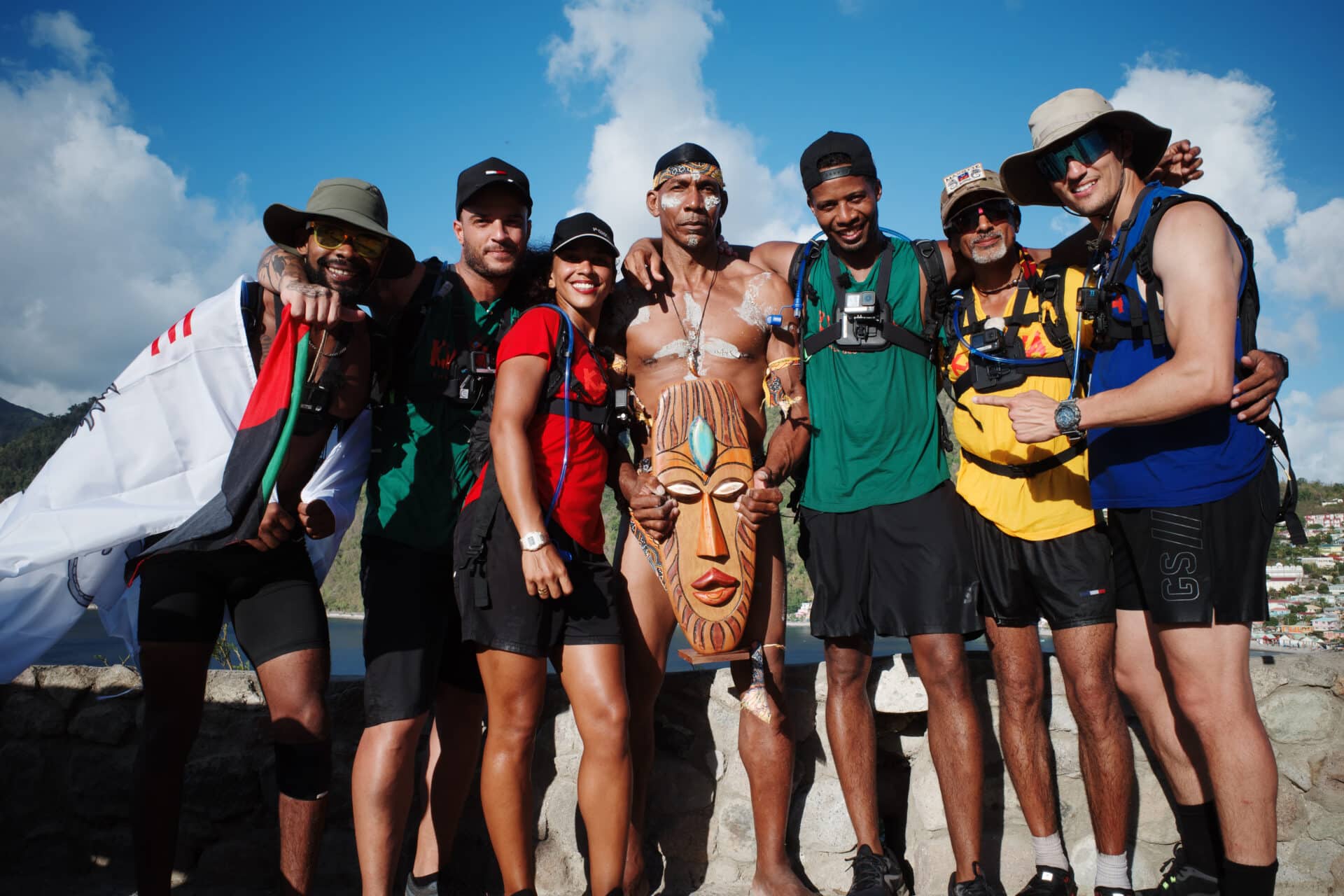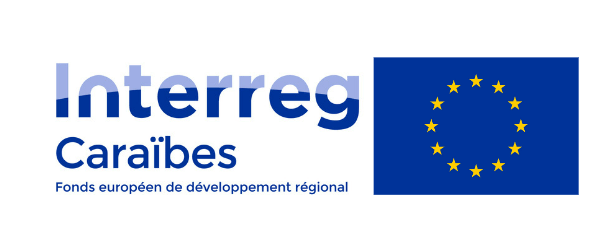Source: Dominican Today
Santo Domingo.- The Ministries of Culture and Foreign Affairs have announced that the Dominican Republic has been elected, for the first time, as a member of the Intergovernmental Committee for the Safeguarding of the Intangible Cultural Heritage of UNESCO, serving a four-year term.
This membership signifies the Dominican Republic’s commitment to preserving, promoting, and celebrating cultural traditions, arts, craftsmanship, and rituals from diverse cultures, which are primary goals of the Convention for the Safeguarding of Intangible Cultural Heritage.
Minister of Culture, Milagros Germán, described the country’s election as a historic achievement and an opportunity to showcase its cultural richness and diversity to the world.
Dominican Ambassador to UNESCO, Andrés L. Mateo, emphasized that this election is a testament to the collaborative efforts between the Ministry of Foreign Affairs (MIREX), Ministry of Culture, the Permanent Mission of the Dominican Republic to UNESCO, and the Dominican National Commission for UNESCO. He highlighted their effective diplomatic strategy in building alliances and securing support from the international community.
The Dominican Republic, along with Haiti and Barbados, was elected by acclamation as a State Party to the Convention for the Safeguarding of Intangible Cultural Heritage, following a regional agreement within the Latin America and Caribbean group during the tenth session of the UNESCO General Assembly.
Minister Germán underscored that the country’s participation in this committee exemplifies its dedication to protecting and promoting its intangible cultural heritage, providing a platform to enhance its capabilities in this field.
About the Committee
The Intergovernmental Committee for the Safeguarding of Intangible Cultural Heritage is a UNESCO body comprising representatives from 24 states serving a four-year term. Its responsibilities include advancing the Convention’s objectives, advising on best practices, recommending measures for safeguarding intangible cultural heritage, managing funds for cultural preservation, proposing accreditation of non-governmental organizations to the General Assembly, and providing international assistance.






































